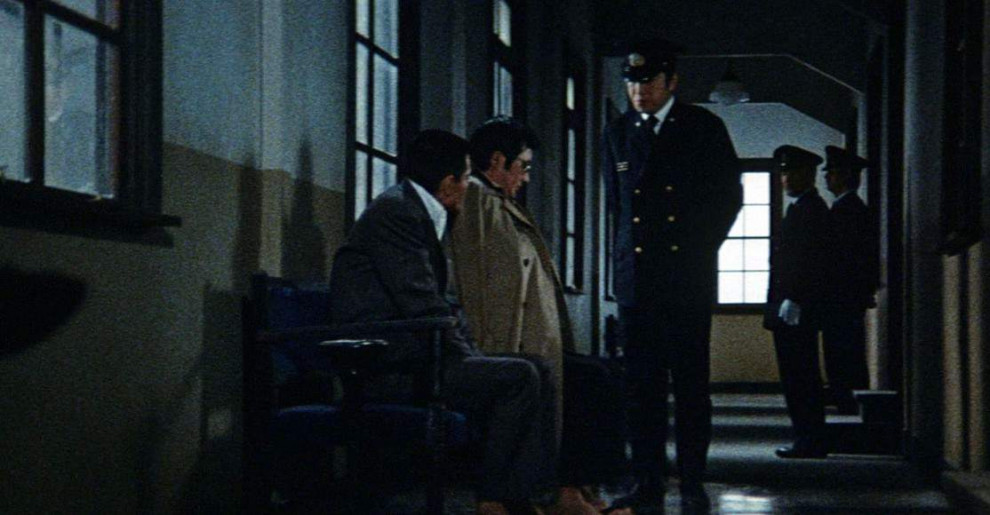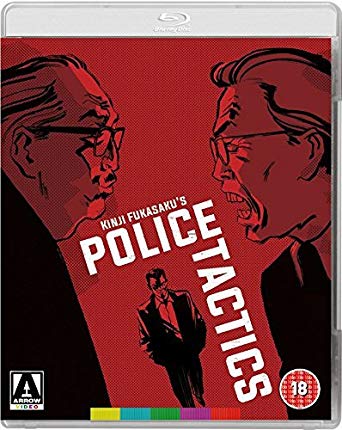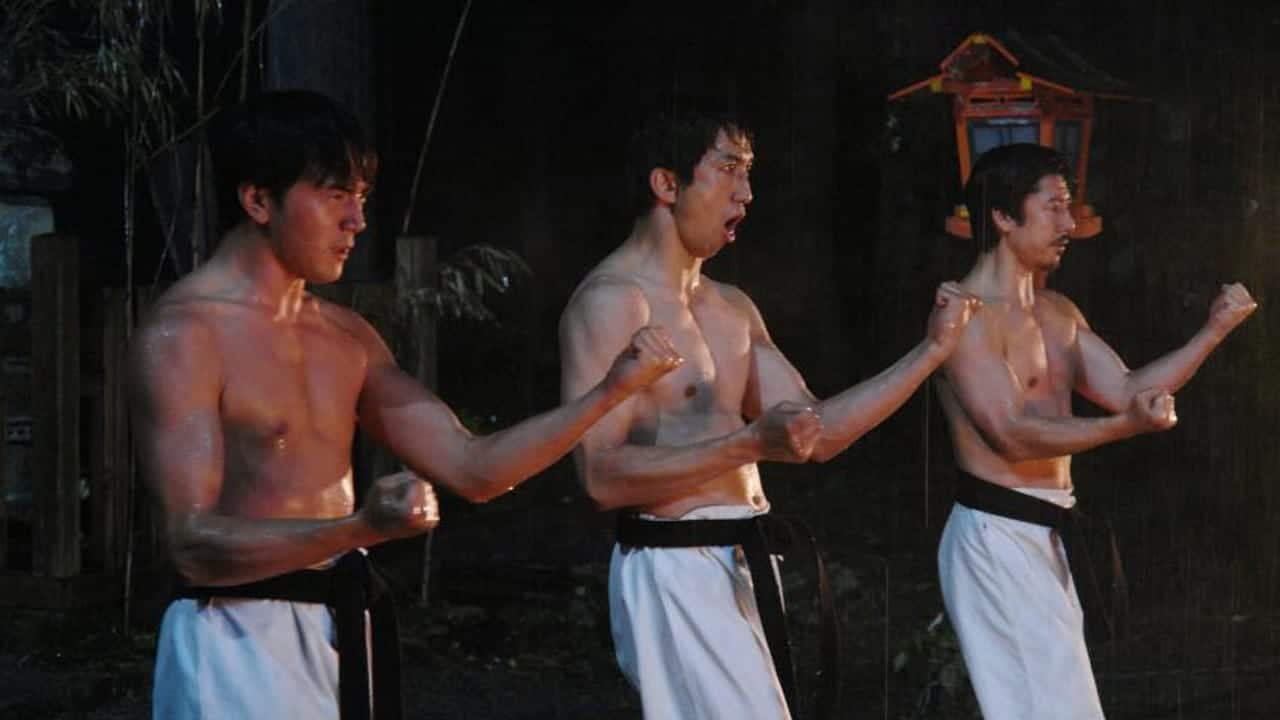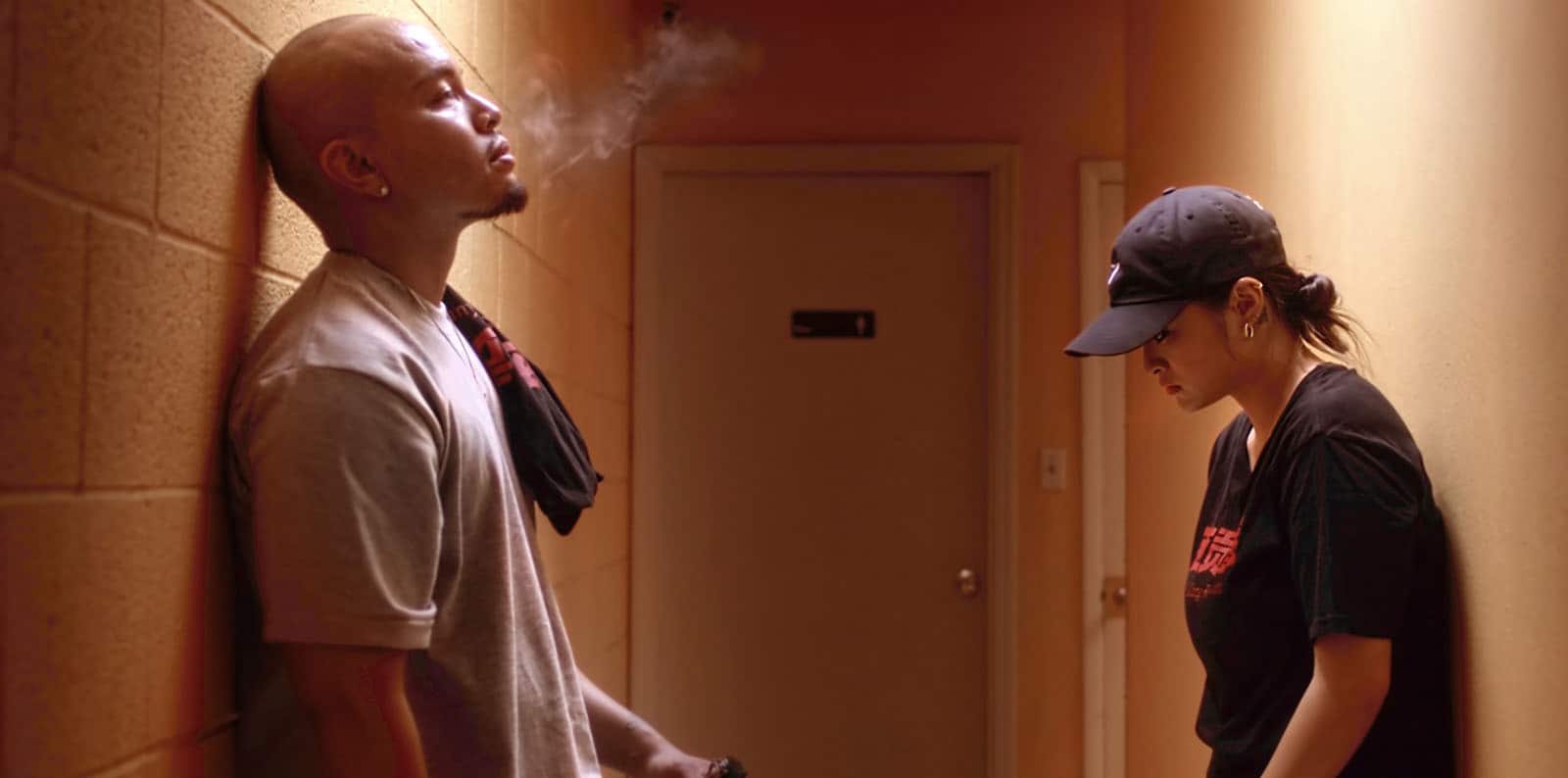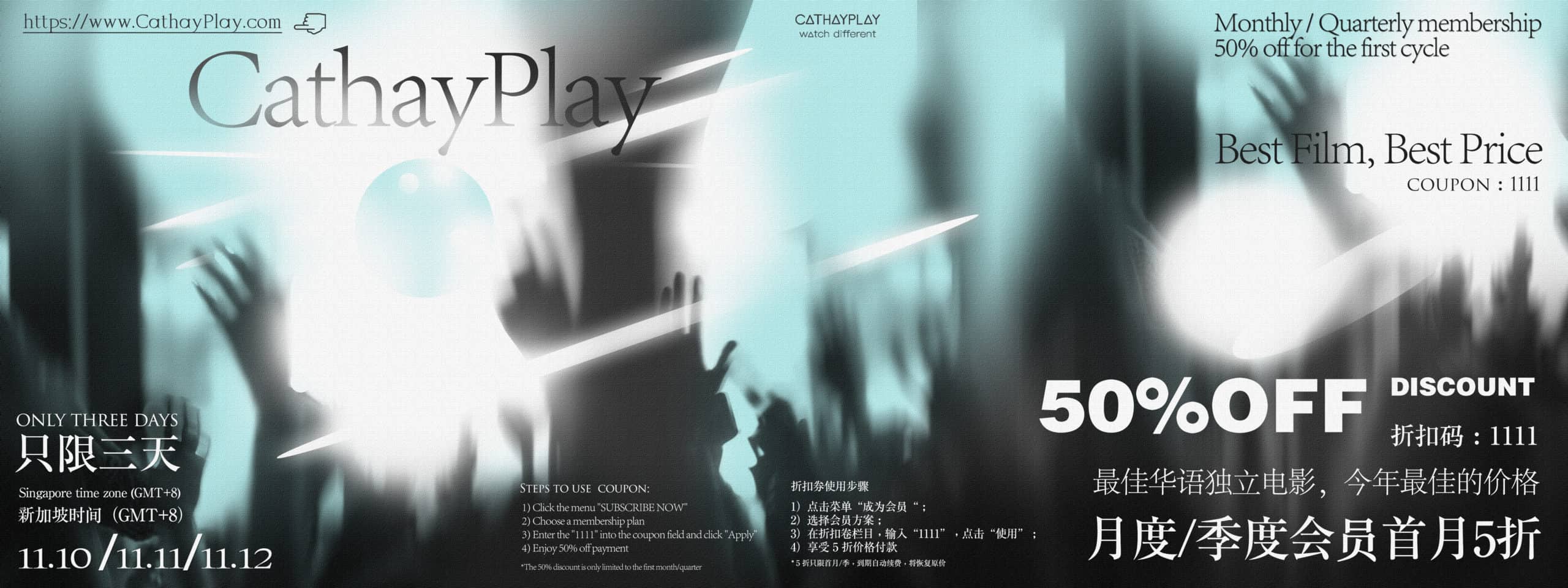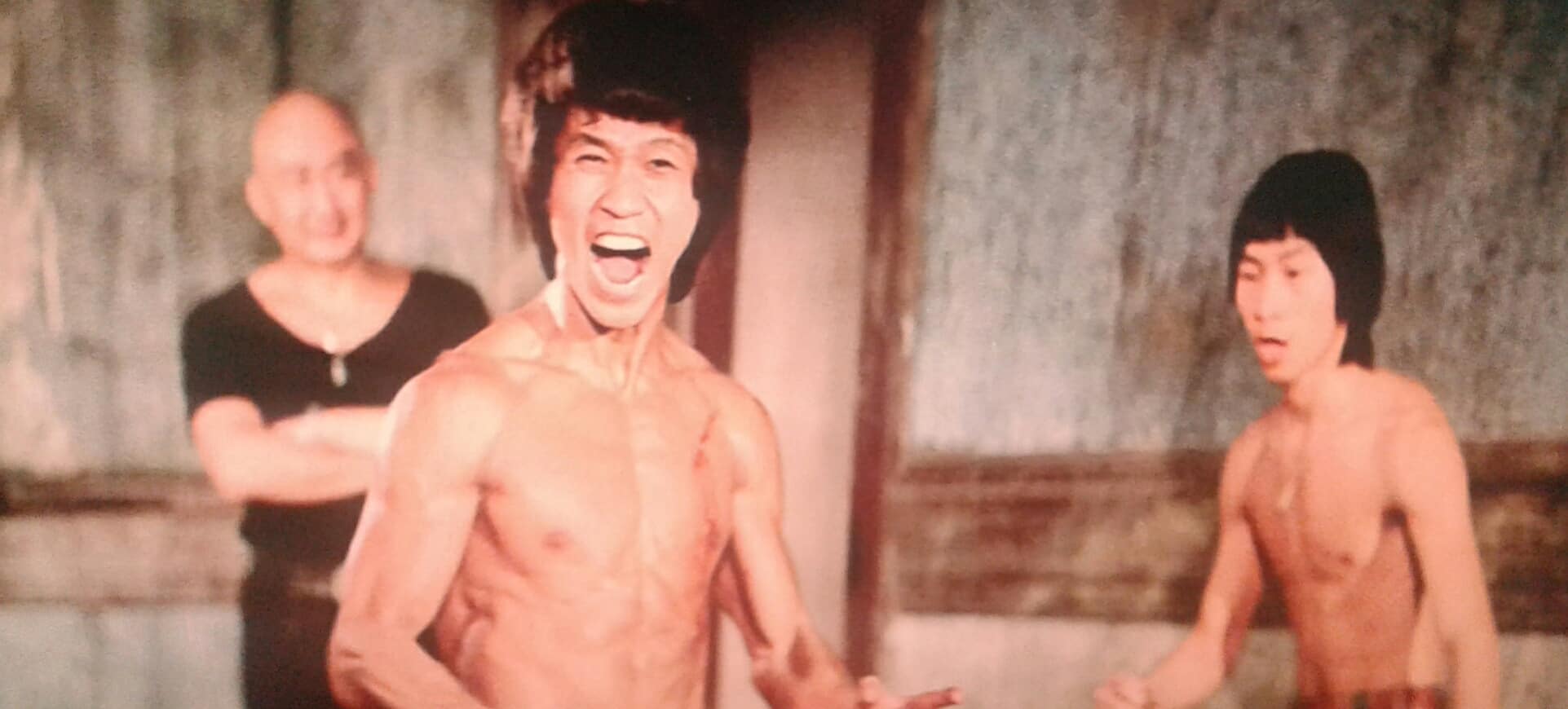The last film of the series written by Kasahara, who almost became mad in his effort to record all that was happening in the yakuza underworld and come up with a script based on them, “Police Tactics” was supposed to be the last episode of the series, until its phenomenal success led to one additional entry.
Buy This Title
Continuing the story directly from where the third episode finished, “Police Tactics” continue to deal with the feud between Yamamori and Uchimoto which has escalated to one between the Akashi family and the Shinwa group, the two largest crime syndicates of west Japan, who move their feud into Hiroshima and Kure. As violence escalates, however, the yakuza has to face the wrath of society, which, having experienced unprecedented financial prosperity, will no longer tolerate the ways of the unlawful. The result is that police forces begin a major crackdown that takes a large toll on the gangs, who find themselves having to face the law apart from each other.
In this setting, Hirono and the rest of the protagonists are now bosses and do not take parts in the actual fights, but the younger generation are more than eager to fill that gap of violence. At the same time, the pressure results in a number of individuals acting as rogues, complicating and escalating things even more. The same applies to the leadership of the Yakuza, who gradually begin to realize that their era is starting to pass, and that the situation now is much more complicated than the days when they were trying to make money from the black market. At the same time, the film is the first that highlights the power of the press, whose members play a very significant role in pressuring both the gangsters, who find their faces all over the papers, and the police, who feel the pressure to put an end to the criminal actions of the yakuza.
Hirono emerges as a tragic figure more than ever, having to choose between two cowardly and extremely cunning men, Yamamori and Uchimoto, while the pressure from the police eventually takes its toll on him, as he is arrested once more for violating his parole. The fact that the two aforementioned are free to roam around and continue their tricks is another big loss for Hirono, who has publicly declared his hate for them. However, his fate, and in essence, of the whole yakuza, is presented more eloquently during the finale of the film, when the two more active (and opposing bosses) sit next to each other under a broken window inside the prison, with their fate looking more bleak than ever.
Bunta Sugawara highlights this dramatic fall of his character in the best way, looking more exhausted than ever, to the point that there are a number of scenes where he seems completely beaten. I felt that this is the best performance he gave in the whole series, as the fact that Hirono is not directly involved in the action gave him the opportunity to put more depth into his actual character. Takeshi Kato as Uchimoto and Nobuo Kaneko as Yamamori continue giving great performances, appearing as despicable and dishonored as possible, in a world that is anything but, something that highlights their performances even more.
Sadaji Yoshida's cinematography follows the same rules of the previous films, with the camera coming as close to the action as possible, while highlighting both the characters and the overall hellish setting. The same applies to Shintaro Miyamoto's editing, which, once more, induces the film with a frantic pace through the very frequent cuts, despite the fact that the action pieces are toned down in this segment.
Although “Police Tactics” is probably the less exploitative part of the series, I felt it is the richest, contextually, and in essence, the most engaging, along with the first one.


